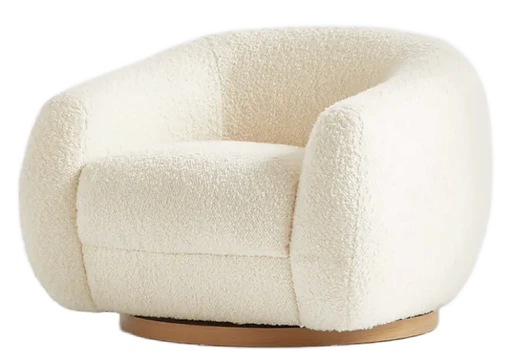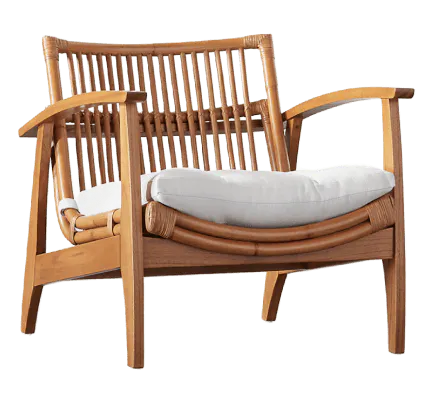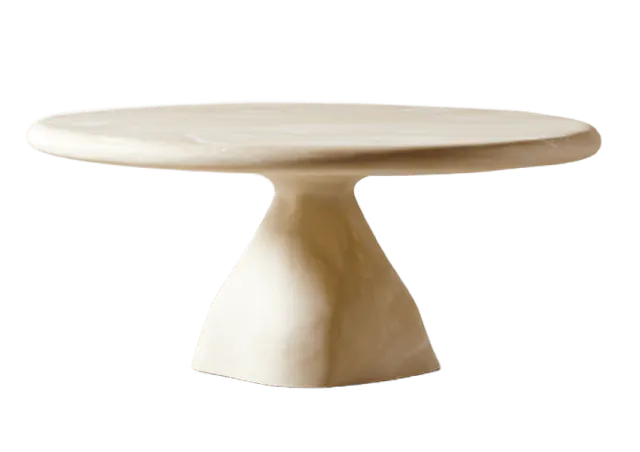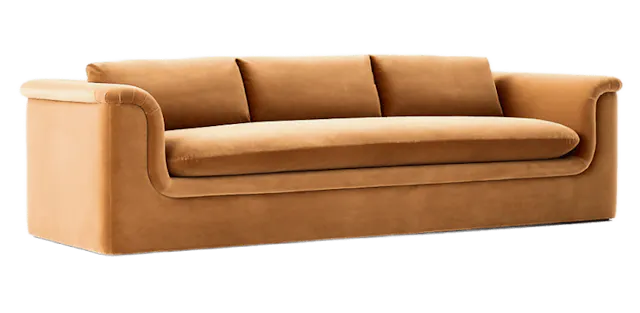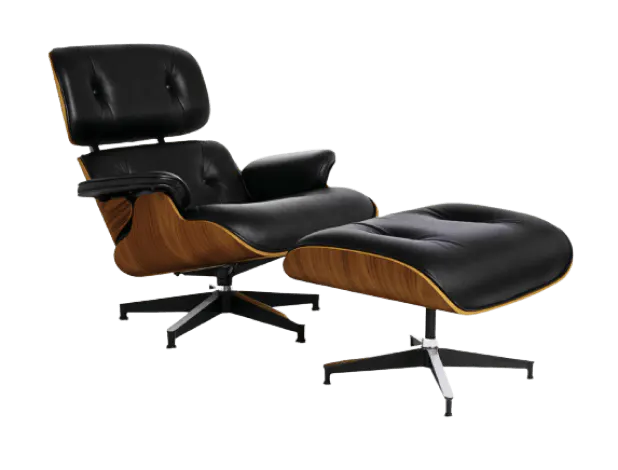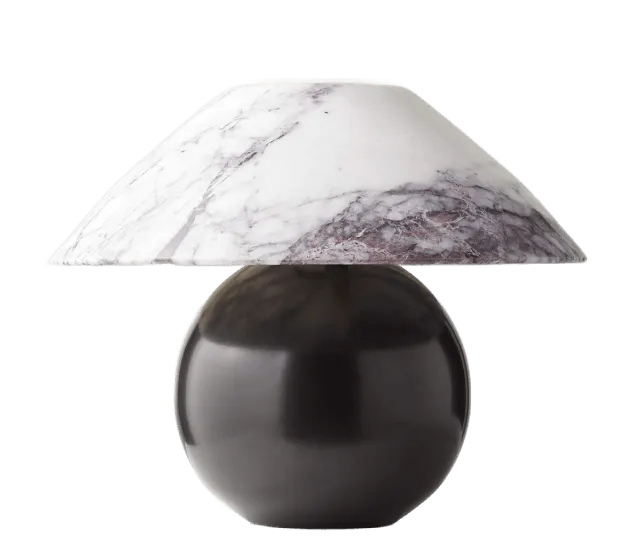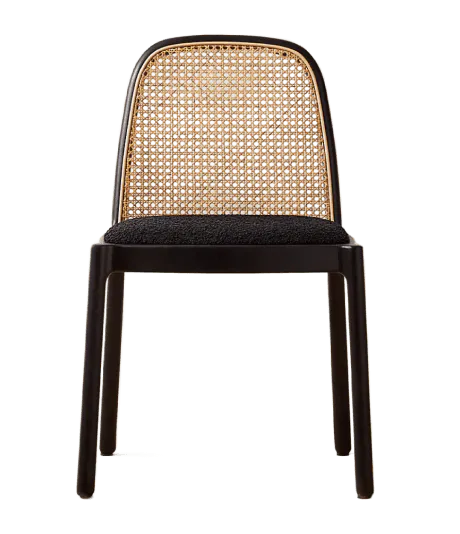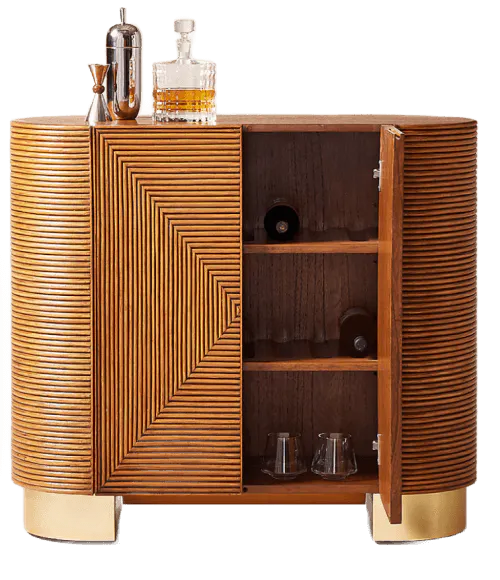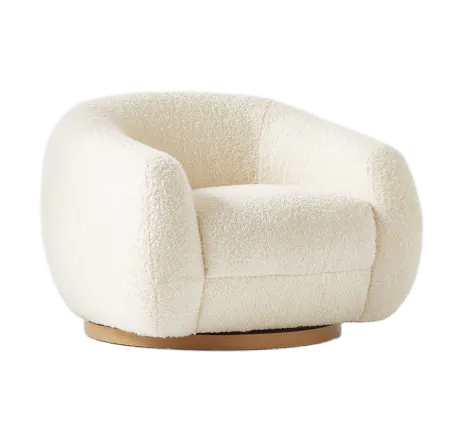The Origins of the Futon Couch
The futon couch has its roots in traditional Japanese futon beds. In Japan, a "futon" is a simple mattress and blanket that can be rolled up during the day, freeing up floor space. This allowed people with small homes to convert their rooms between work and sleep areas easily.
As the futon concept spread to North America, the design evolved. Instead of a floor mattress, futon couches featured wooden or metal frames that could hold comfortable cushions like a regular couch. But the frames could also lay flat to make beds for overnight guests. This "two-in-one" style became very popular for college students and people living in apartments with limited space.
Today, futon couches come in many styles and fabrics to suit different tastes. They maintain the same practical benefits as the original Japanese futon - the ability to transform a living area between a lounge space and an extra sleeping nook. Whether you occasionally host visitors or just want flexibility in a small home, a futon couch continues to help many people make the most of their rooms.
The Parts of a Futon Couch
Futon couches come in a variety of frame styles to suit different tastes. Wood and metal frames are common options, each with its own unique look. Some frames even have removable armrests, making it easier to change between sitting and sleeping positions.
The mattresses on futon couches are much thicker and more cushioned than traditional Japanese futons. They usually have several layers, like cotton, wool, and foam, to provide support and relaxation. This allows people to sleep comfortably even when using the futon as a guest bed.
Many futons also have removable, washable covers on the mattress. This is very handy for families with kids and pets. Accidents happen, so being able to simply remove and clean the cover is much more practical than trying to clean the whole mattress.
Overall, futon manufacturers design their couches to serve two purposes without compromising comfort or style. Whether lounging or sleeping, futons offer flexibility to suit different households and living situations. Their versatile construction makes them a great option for many homes.
How Futon Couches Can Benefit You
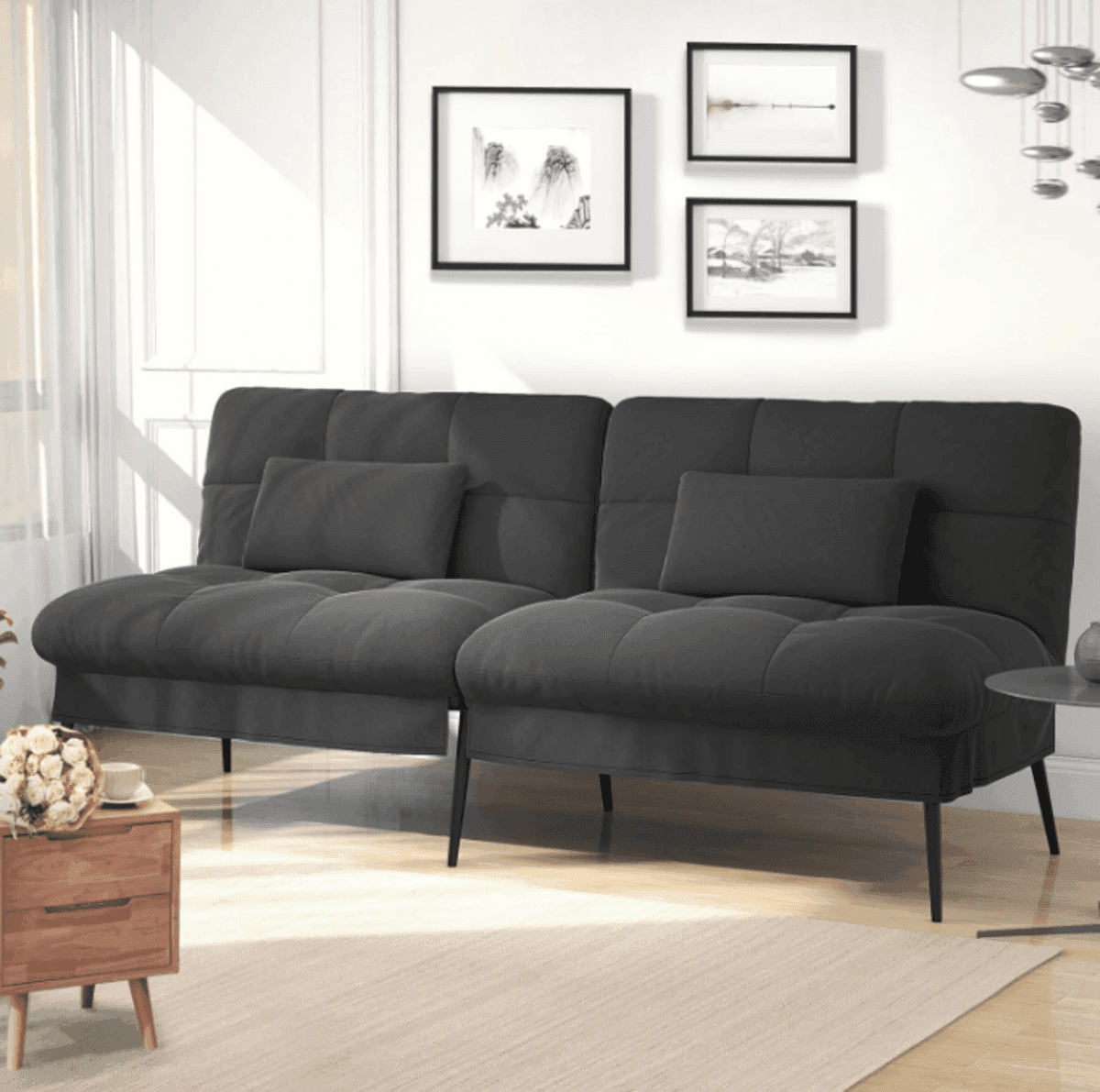
Image: Leilane Convertible Futon Sofa Bed
One of the best things about a futon couch is its versatility - it can serve two important functions. During the day, it provides a comfortable place to relax, whether you're reading, chatting with company, or lounging alone. Then at night, or whenever extra sleeping space is needed, it easily converts into a bed for guests.
This dual purpose makes futon couches perfect for smaller homes like apartments and studios that are short on room. A futon helps maximize every inch of space without giving up comfort. If you occasionally host visitors overnight, a futon eliminates the need for a separate guest bed, saving you money and freeing up floor space.
Futons also come in different styles to complement any decorating tastes. From simple designs to more colorful options, you're sure to find a futon that enhances your home's style. Their adaptability works for many lifestyles - whether you're a student, family, or anyone in between, a futon provides a versatile furniture choice to suit your changing needs.
With so much flexibility and space-saving benefits, a futon couch could be just what you're looking for. Consider giving one a try!
Choosing the Right Futon Couch
Things to Consider When Choosing a Futon Couch Size
Selecting the proper size for your futon is crucial. Too large and it will overwhelm the space, but too small won't be comfortable. Measure your room before buying to ensure a good fit.
Think about how many people will use the futon. If it's just one person or for a studio apartment, a twin or full size works well. But families or those with frequent guests may prefer a queen or larger option.
Also, consider its purpose - mainly for sitting or doubling as a bed too? A compact futon suits the former, while a bigger size with a sturdy frame is better for sleeping guests. Proper planning upfront can prevent issues later on.
Choosing the Right Futon Mattress Type
Futon mattresses come in different materials, each with its own feel and durability. Cotton mattresses are breathable but may compress over time. Foam is lightweight and provides long-lasting support. Innerspring combines coils with foam for traditional mattress comfort.
It's important to pick a mattress that suits your needs. Some prefer firm, while others like soft. Testing the options can help you find the right balance of comfort and support, whether sitting or sleeping. The mattress you choose largely determines how well the futon serves its purpose in your home.
Arranging Your Futon Couch Effectively
Living Room Placement
When setting up your futon in the living room, consider both form and function. Placing it against a wall creates a cozy nook for relaxing. This also makes it simpler to use as a bed when needed. It opens up more floor space for other activities too.
Alternatively, centering the futon encourages conversation. It becomes a focal point while still allowing room to move around. A coffee table in front enhances this setup, inviting friends and family to chat. Side tables or lamps near the futon improve its usability for reading or snacks too. Play with different layouts to see what works best for your space.
Using It Throughout the Home
Futons are very versatile. In addition to the living room, they suit guest rooms, home offices, and more. For tiny apartments, a futon serves as a couch and overnight bed. In a guest room, it saves space while providing comfort, easily converting between sitting and sleeping areas.
An office futon offers a relaxing spot to recharge between tasks. Their flexibility means futons adapt well to many home settings and family needs.
Caring for Your Futon Couch
While futon couches are very convenient, they do require some maintenance to last. Unlike regular mattresses, futons need flipping periodically to prevent uneven wear and maintain comfort levels. Rotating it regularly keeps the shape and support consistent.
Futons also accumulate dust and allergens easily over time. So airing it out is important for hygiene - just remove the mattress from the frame and let it breathe outside for a while. Regular vacuuming of the futon and surrounding area controls dust too.
Promptly spot cleaning any spills or stains is also key. Many futons have removable, machine-washable covers for easy refreshing. A little regular care and attention helps futon couches stay looking their best for years of comfortable use. With some basic maintenance like flipping, cleaning and airing, a futon can continue serving its versatile purpose well.
Common Issues and Troubleshooting
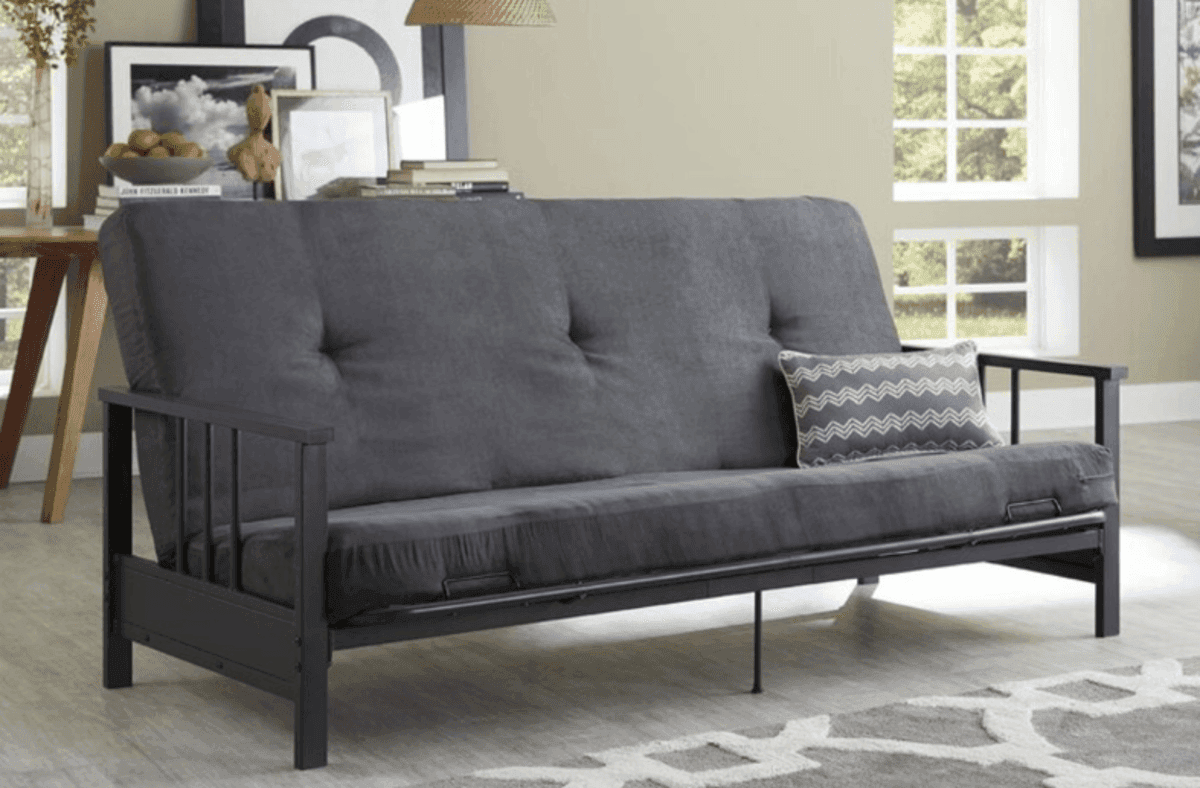
Image: Garrido Full / Double 77'' Upholstered Futon And Mattress
A. Squeaking Frames
Squeaking frames can be a common issue with futon couches. This annoying noise often comes from loose joints or moving parts. Regularly checking and tightening screws can help reduce or eliminate the sound.
Another solution is to apply lubricant to the hinges and joints. This can help the frame move smoothly and quietly. When maintaining a futon, it’s crucial to inspect it for wear and tear.
If the frame is still squeaking after maintenance, it might be time to consider a replacement. A sturdy frame can enhance the futon’s lifespan, ensuring it remains a comfortable piece of furniture for years to come.
B. Mattress Comfort Problems
Mattress comfort is essential for a good night’s sleep. If a futon mattress feels too firm or uncomfortable, it may need a top layer for added cushioning. This could be a mattress topper or extra blankets.
Regularly flipping and rotating the mattress helps distribute wear evenly. This practice can extend the life of the mattress and improve comfort. If the mattress has seen better days, replacing it may be necessary.
Investing in a quality mattress ensures that the futon serves its purpose well for sitting and sleeping. A little care can go a long way in maintaining a comfortable futon couch.
Styles to Suit Every Taste
Futon couches come in a wide range of designs to complement different tastes. Traditional styles emphasize simplicity and functionality with clean, minimal frames. Their classic aesthetic meshes well in many home interiors.
Modern futons offer more variety. Elaborate wood or metal frames pair with diverse fabric options, letting homeowners select one aligned with their unique style. Some even have special features like built-in storage or adjustable backrests for extra comfort.
Customization is available - buyers can opt for specific fabrics, shades, and mattress thicknesses. This personalization ensures each futon perfectly suits individual needs. Whether traditional or modern, customized or off-the-rack, finding the right look and feel is easy with so many options. Futon shoppers are sure to discover a design harmonizing with their space.
Styling Tips for Your Futon Couch
Accessorizing for Impact
Accessories transform a simple futon into a focal point. Vibrant throw pillows make it inviting, while plush blankets add coziness. Mixing patterns and textures creates visual appeal.
A colorful throw also enhances comfort. Choosing coordinating or contrasting accents ties it together seamlessly. Nearby plants or art further welcome guests. Personal touches create a warm atmosphere.
Achieving Cohesion
For harmony, match the futon's style with other furniture. Sleek, modern pieces complement a contemporary futon nicely. Area rugs define the space and warm it up too. Choosing coordinating colors throughout produces a peaceful flow.
These thoughtful details make the futon a natural, attractive part of the room's overall design. With some accessorizing and attention to style, it becomes a showpiece instead of an afterthought.
Conclusion
In summary, a futon couch is a fantastic addition to any home, combining the functions of a sofa and a bed. Its space-saving design makes it ideal for small living areas, while its versatility caters to various needs. With proper maintenance, a futon couch can enhance your living space and provide comfort for both sitting and sleeping.
If you're looking for a budget-friendly futon that fits your style, simply copy and paste the URL of a couch you like into Dupe, and find a similar, more affordable version in no time. Snagging a great deal on a stylish futon has never been easier!
FAQ
What exactly is a futon sofa bed and how does it differ from traditional sofas?
A futon sofa bed is a versatile piece of living room furniture that converts from a sofa to a sleeping surface. Unlike traditional bed or sleeper sofas, futons generally have a simpler mechanism and thinner mattresses. The whole seat cushions fold down to create a bed rather than hiding a separate mattress inside.
How do traditional futons compare to modern futon designs?
Traditional futons originated in Japan as floor mattresses, while modern futon designs combine a futon frame with convertible sofa functionality. Today's futons often feature medium firm foam mattresses or natural fibers like organic cotton, wool and latex. They're available in various styles, from minimalist to plush.
What are the pros and cons of having a futon sofa in your home?
Futons shine in small spaces as multifunctional pieces of furniture. The main advantages include affordability, versatility as both room furniture and sleeping surface, and easy conversion. Potential drawbacks include less padding than conventional sofas, shorter lifespan of seat cushions, and limited style options compared to traditional bed choices.
What sizes of futons are available and how do I choose the right one?
Size futon options typically include chair, twin, full, and queen. Wall hugger futon designs work well in tight spots since they need less clearance to recline. For a small space, consider a convertible sofa bed that's proportioned for your room. Factor in both sitting and sleeping needs when selecting size.
What materials should I look for in a quality futon?
The best futons combine durable futon frames (metal or hardwood) with comfortable materials like memory foam or natural fibers. Look for faux leather or futon covers that resist wear. The mattress should be medium firm for balanced comfort. Many sleeper sofas now incorporate modern materials for better support.
How do I maintain my futon to extend its lifespan?
Regular rotation of futon cushions helps prevent uneven wear. For convertible sofas, clean futon covers according to material care instructions. With futons generally, checking and tightening bed frames periodically maintains stability. A well-maintained futon can serve as comfortable room furniture for years.
What should I consider when shopping for a futon?
When you shop for futons, consider how often you'll use it for sleeping versus sitting. Convertible sectionals offer more seating options. Weight capacity, frame material, and mattress composition affect durability. Remember that while best-seller models are popular, the right choice depends on your specific needs.
How does a futon compare to other sleeper sofa options?
Sleeper sectionals and convertible sofa beds typically offer thicker mattresses than futons but cost more. Futon sofa beds are usually lighter, easier to move, and better suited for small spaces. Traditional bed alternatives like Murphy beds take up less floor space but lack seating functionality.








